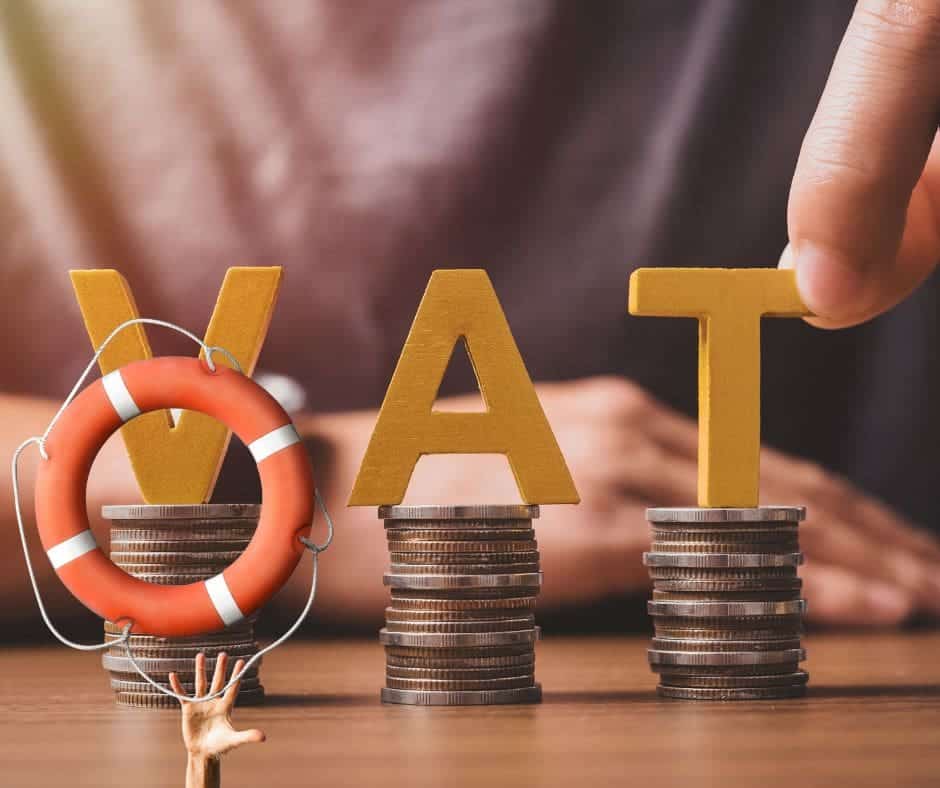On August 19th, 2024, significant reform to Law N° 10165 law “Ley para Sustituir Temporalmente la Aplicación de la Sanción de Cierre de Negocios y Facilitación del Pago del IVA en Sectores Impactados Severamente por la Restricción Sanitaria” was published. Initially enacted in April 2022, this has been updated to introduce crucial changes in applying penalties and facilitating VAT payments for sectors most impacted by sanitary restrictions.
This reform comes during fluctuating tax revenues and ongoing economic challenges stemming from the COVID-19 pandemic. Many businesses, particularly in sectors hit hardest by sanitary restrictions, struggle with cash flow issues and the burden of outstanding tax liabilities. The reform aims to alleviate these pressures by offering more flexible and lenient measures to help businesses stay afloat.
The recently approved Law N° 10.491 “Ley para facilitar la regularización de la condición tributaria en apoyo a la formalidad y a la reactivación de la economía” offers a “second chance” for taxpayers who have defaulted on their Value Added Tax (VAT) payments. Under this reform, these taxpayers will now be subject to a financial penalty instead of facing business closure. Big taxpayers will be required to pay a fine equivalent to three base salaries (1.386.600 colones), while other taxpayers will face a penalty of one-quarter of a base salary (115.550 colones).
This reform applies to taxpayers who had a sanctioning procedure in progress or had been notified of such a procedure by March 31st, 2022, provided they are up to date with their other tax obligations and penalties. Additionally, the reform mandates that the Tax Administration automatically archive any business closure procedures initiated before this date that remain pending execution.
By avoiding business closures and offering payment flexibility, the reform aims to stabilize these businesses, potentially preserving jobs and sustaining economic activity in critical areas.
Defaulting taxpayers are granted a three-month period to regularize their tax obligations. During this time, they must submit a payment installment request.
Taxpayers must adhere to specific conditions and requirements to benefit from the new measures introduced by the reform. These guidelines ensure that the intended relief is granted only to those who meet all necessary criteria.
- The request must be submitted within three months following the enactment of this law.
- It applies only to fiscal periods before March 2022, provided the respective tax returns were filed before April 16th, 2022.
- When submitting the installment request, the taxpayer must be current on all formal obligations.
Any other outstanding debt not included in the approved installment plan must be paid off so the taxpayer can take advantage of this measure.
If the installment request is denied, the taxpayer is granted a 15-business-day grace period to make the necessary payment.
The provisions of this reform do not apply to debts held by taxpayers who benefited from the COVID-19 Fiscal Relief Law (N° 9830) of March 2020. While the COVID-19 Fiscal Relief Law provided crucial support during the height of the pandemic, this reform offers additional opportunities for businesses that may not have fully recovered.
For instance, a small business that missed several VAT payments due to reduced revenue during the pandemic could avoid closure by paying a reduced penalty and entering into a payment installment plan. This practical approach allows businesses to focus on recovery while gradually meeting their tax obligations. In the long term, this reform may encourage greater tax compliance by offering a more balanced approach between enforcement and support.
We at GM Attorneys will be pleased to help you with legal matters in Costa Rica! You can contact us at info@gmattorneyscr.com or visit our website and blog section at https://gmattorneyscr.com/blog/







